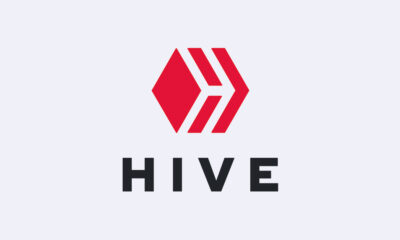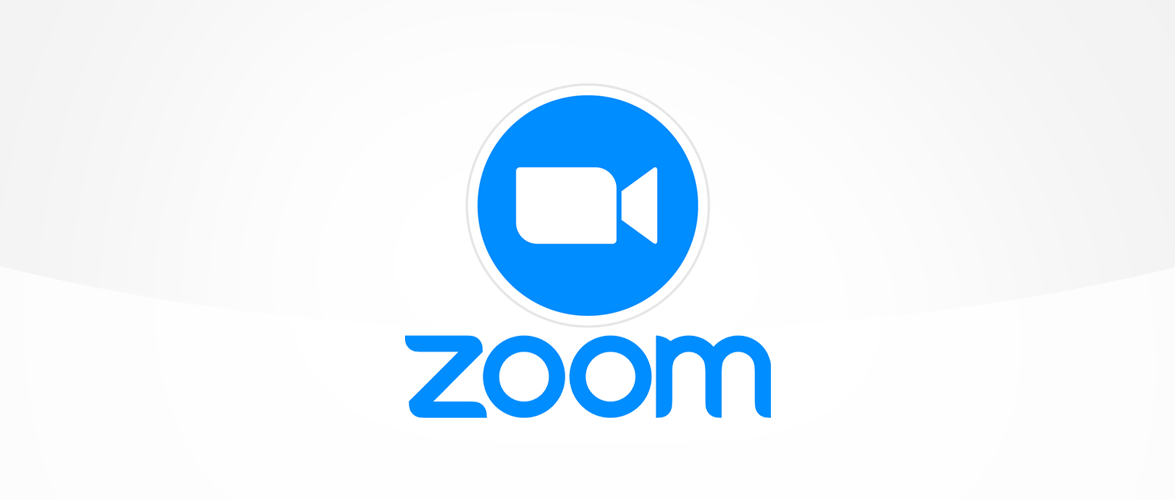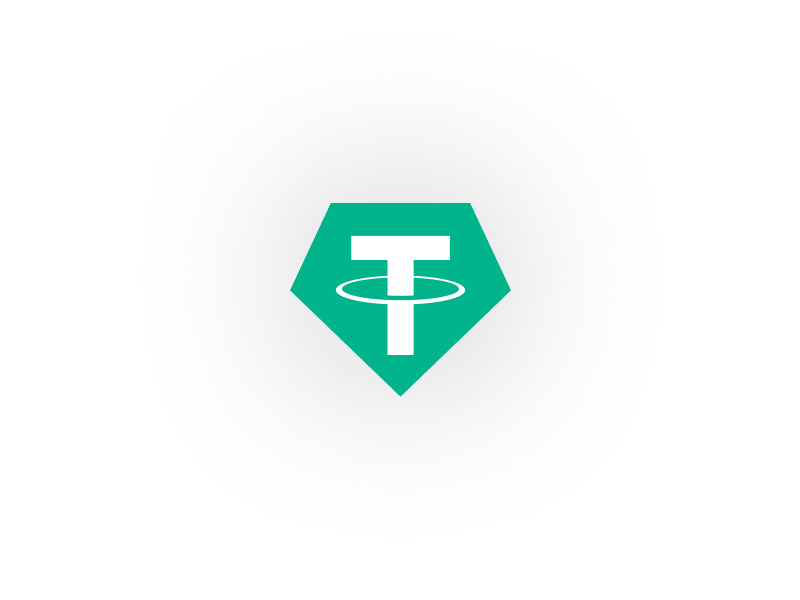The Dubai-based Web3 Unleashed Hackathon has announced its finalists and revealed the prize pool for the competition, which is designed to foster innovation in the Web3 and blockchain space. The hackathon, which attracted a diverse range of participants from around the world, aims to identify and support promising blockchain projects with the potential to shape the future of decentralized technologies. The finalists were selected based on their innovative solutions and the technical feasibility of their projects, addressing key challenges in Web3, finance, and decentralized applications (dApps).
The hackathon’s prize pool totals over $100,000, with the winners set to receive significant financial rewards as well as opportunities for further development and collaboration with industry leaders. In addition to the cash prizes, the finalists will gain access to mentorship from top Web3 experts, networking opportunities with potential investors, and the chance to showcase their projects to a global audience. The competition is part of Dubai’s broader efforts to position itself as a global hub for blockchain and Web3 innovation, with initiatives designed to support the growth of the decentralized economy.
The Web3 Unleashed Hackathon attracted a wide array of participants, including developers, entrepreneurs, and blockchain enthusiasts, all working to solve real-world problems through decentralized technologies. The finalists’ projects span various sectors, including decentralized finance (DeFi), gaming, digital identity, and NFTs, highlighting the versatility and broad applicability of Web3 solutions. The hackathon has received strong support from the Dubai government and leading players in the blockchain space, underscoring the region’s commitment to fostering cutting-edge innovation.
As the Web3 space continues to evolve, events like the Web3 Unleashed Hackathon are playing a key role in advancing the development of decentralized technologies and driving the adoption of blockchain solutions. The finalists’ projects will not only have the chance to receive funding and mentorship but also contribute to shaping the future of the Web3 ecosystem. With the competition now in its final stages, all eyes will be on the winners, whose solutions could have a lasting impact on the blockchain and digital economy.

 Business1 week ago
Business1 week ago
 Business6 days ago
Business6 days ago
 Business1 week ago
Business1 week ago
 Business6 days ago
Business6 days ago
 Business1 week ago
Business1 week ago
 Business7 days ago
Business7 days ago
 Business6 days ago
Business6 days ago
 Business7 days ago
Business7 days ago






























